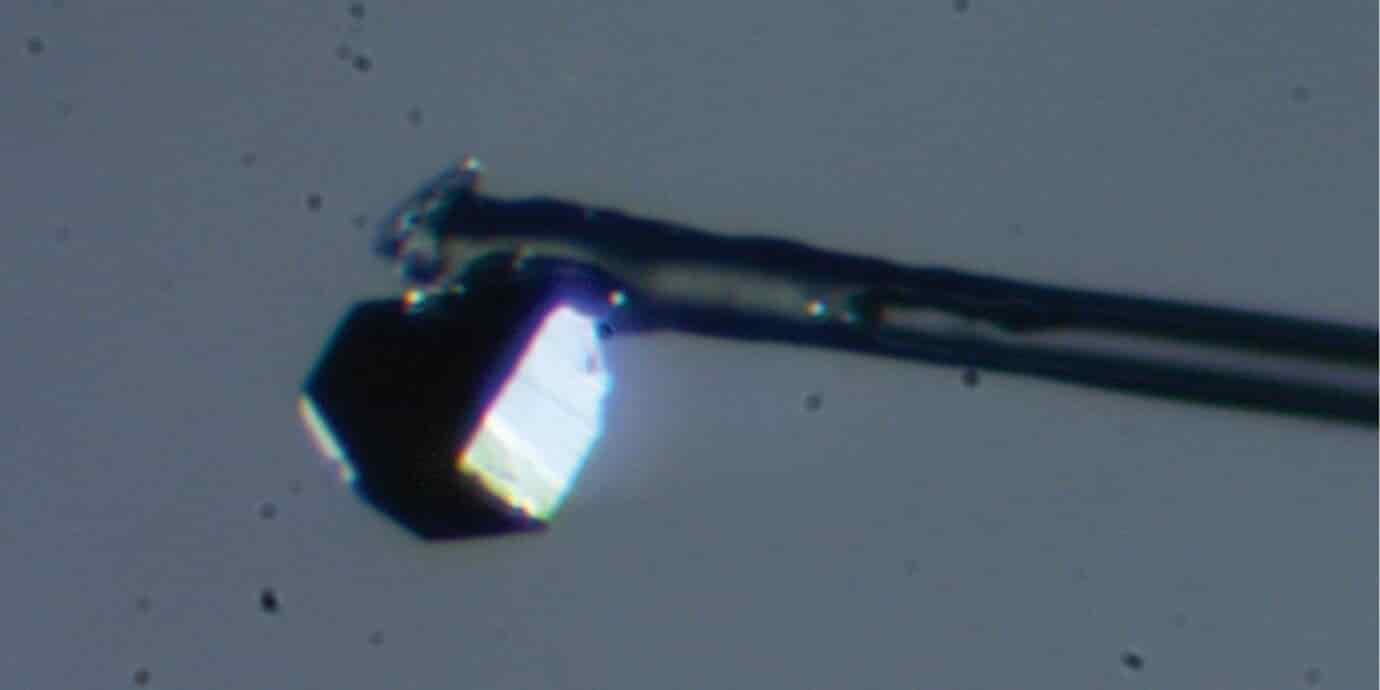Minerals are vital for the development and growth of plants. They are responsible for several essential functions, including enzyme activation, cellular structure formation, and hormone regulation. Plants require a wide range of minerals like nitrogen, phosphorus, potassium, calcium, magnesium, and sulfur, known as macronutrients, as they are needed in large quantities. Additionally, they also need micronutrients like iron, manganese, zinc, copper, molybdenum, boron, and chlorine, which are only required in smaller amounts.

These minerals are absorbed by plant roots from the soil. However, the availability of minerals in the soil can vary greatly depending on its composition and quality. Farmers and gardeners often test the soil to determine its mineral content and add fertilizers to replenish any deficient minerals. This practice ensures that plants have access to all the essential minerals they need for optimal growth and development.
In the food chain, animals, including humans, rely on plants to obtain their mineral nutrients. As plants uptake minerals from the soil, they incorporate them into their tissues. When animals consume these plants, they obtain the essential minerals required for their own survival. This is why maintaining a balanced and nutritious diet, consisting of a variety of fruits, vegetables, grains, and legumes, is crucial for obtaining the necessary mineral intake.
Essential minerals are necessary for maintaining proper bodily functions. For instance, calcium is essential for healthy bones and teeth, while potassium is involved in maintaining normal heart function and regulating blood pressure. Iron is crucial for the production of red blood cells, and zinc is necessary for immune system functioning. These minerals, along with several others, are needed in specific quantities to ensure our bodies operate optimally.
Without a sufficient supply of minerals, plants, animals, and humans may experience various health issues. For example, a potassium deficiency in plants can result in stunted growth, yellowing leaves, and decreased fruit production. In animals, mineral deficiencies can lead to weakness, impaired growth, reproductive issues, and even death. In humans, inadequate mineral intake can cause nutrient deficiencies and imbalances, leading to various health conditions like osteoporosis, anemia, and compromised immune function.
To meet the mineral requirements of our bodies, many people turn to mineral supplements. These supplements provide a concentrated source of essential minerals, which can be particularly beneficial for individuals with specific dietary restrictions, deficiencies, or increased mineral needs. However, it is important to note that consuming a balanced diet with a variety of nutrient-rich foods is the best way to obtain minerals naturally.
In conclusion, minerals are indispensable for the life and well-being of both plants and animals. Plants acquire minerals from the soil, and animals obtain them through the consumption of plants or plant-based foods. These essential nutrients are vital for the development, growth, and functioning of organisms. Ensuring a proper mineral intake through a balanced diet is essential for optimal health and vitality.
